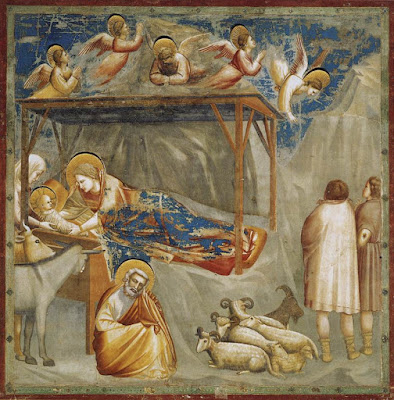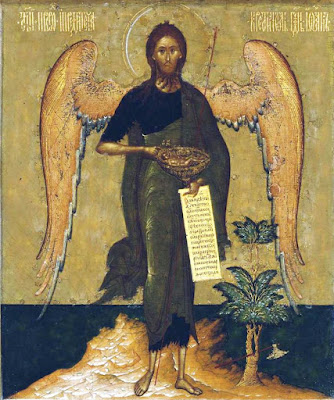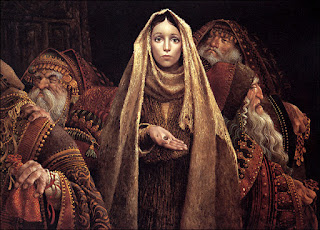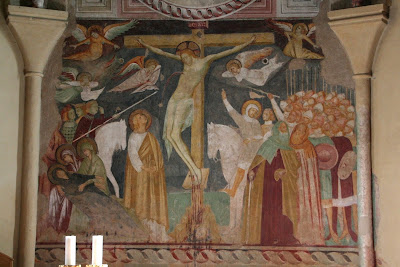A Mother's Love: A Reflection for New Year's Day

The shepherds went in haste to Bethlehem and found Mary and Joseph, and the infant lying in the manger. When they saw this, they made known the message that had been told them about this child. All who heard it were amazed by what had been told them by the shepherds. And Mary kept all these things, reflecting on them in her heart. —Luke 2:16-19 To honor Mary as the Theotokos , the Mother of God, is to celebrate the unique role that she has played (and continues to play) in God’s plan of salvation. Today, the Solemnity of Mary, Mother of God, and the Octave Day of Christmas, we also recall the circumcision and naming of Jesus on the eighth day after his birth (cf. Luke 2:21). In a special way, on New Year’s Day, the Church invites us to pray for peace: “It is Our desire that, every year, this commemoration [of “The Day of Peace”] be repeated as a hope and as a promise… that Peace with its just and beneficent equilibrium may dominate the development of events to come” (Blessed ...





















